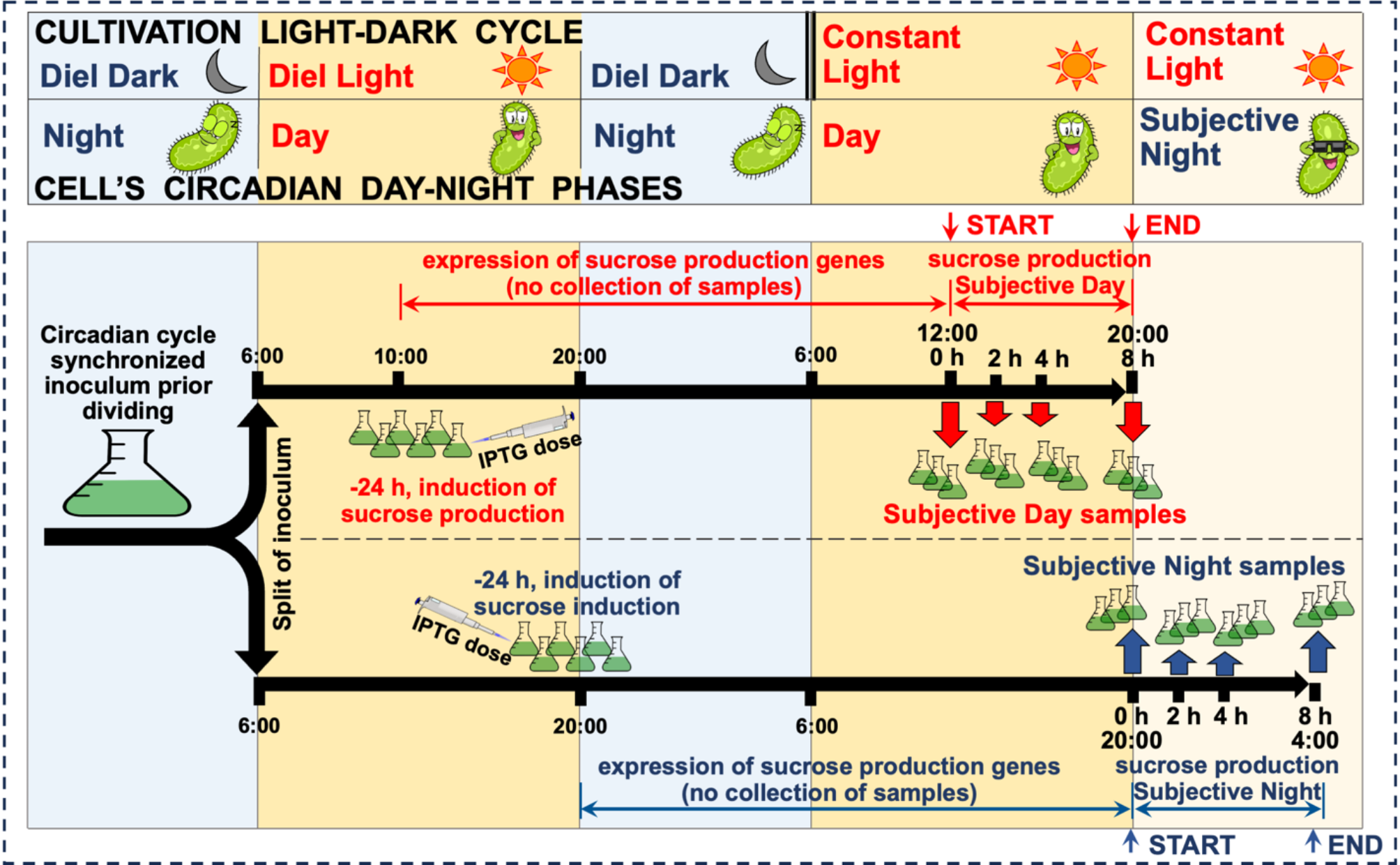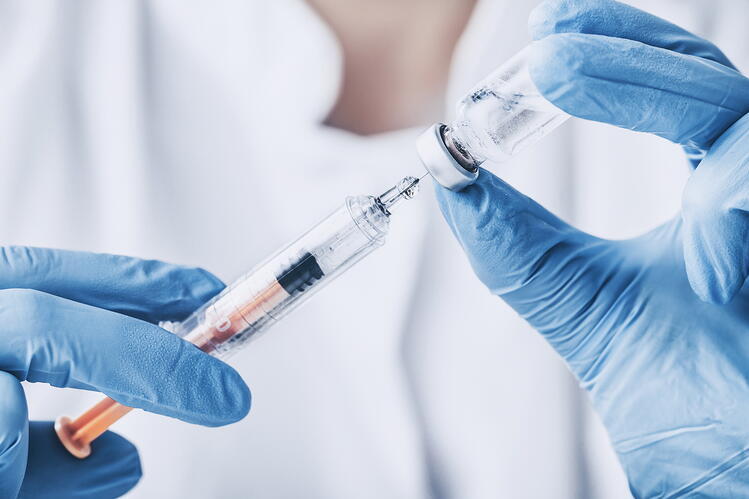2025-05-19 マウントサイナイ医療システム(MSHS)
<関連情報>
- https://www.mountsinai.org/about/newsroom/2025/women-whose-sister-experienced-postpartum-psychosis-are-more-than-10-times-as-likely-to-experience-it-themselves-according-to-new-research
- https://www.psychiatryonline.org/doi/10.1176/appi.ajp.20230576
産後精神病の家族性リスク Familial Risk of Postpartum Psychosis
Adrianna P. Kępińska, Ph.D., Thalia K. Robakis, M.D., Ph.D., Keith Humphreys, Ph.D., Xiaoqin Liu, Ph.D., René S. Kahn, M.D., Ph.D., Trine Munk-Olsen, Ph.D., Veerle Bergink, M.D., Ph.D., and Behrang Mahjani, Ph.D.
American Journal of Psychiatry Published:19 May 2025
DOI:https://doi.org/10.1176/appi.ajp.20230576

Abstract
Objective:
Postpartum psychosis is one of the most severe psychiatric conditions, with high risks of suicide and infanticide if untreated. Although genetic factors contribute to the risk of postpartum psychosis, the extent of familial risk remains to be determined. The authors compared relative recurrence risk across different family relationship types, hypothesizing that relative recurrence risk for postpartum psychosis varies by degree of genetic relatedness and is higher in female full siblings than in cousins.
Methods:
This cohort study consisted of 1,648,759 women from the Swedish nationwide registers, of whom 2,514 (0.15%) experienced postpartum psychosis within 3 months of their first-ever childbirth. The authors estimated the relative recurrence risk of postpartum psychosis for female full siblings and cousins as a measure of familial risk.
Results:
The relative recurrence risk of postpartum psychosis in full siblings was 10.69 (95% CI=6.60, 16.26) when adjusted for year of and age at childbirth. Although cousins showed an elevated relative recurrence risk, these results did not reach statistical significance (1.78, 95% CI=0.70, 3.62). Despite the higher familial risk of postpartum psychosis among full siblings, the absolute risk for women with an affected sibling was relatively low, estimated at 1.60% within the entire population.
Conclusions:
The observed increased risk of postpartum psychosis in full siblings suggests both genetic and shared environmental influences. However, the lack of significant results in cousins hampers a more accurate distinction between these factors. Furthermore, despite increased relative recurrence risk in siblings, their overall likelihood of developing postpartum psychosis remains low. This study underscores the need for further research to better understand the intricate interplay of genetics and shared environment in the development of postpartum psychosis.

